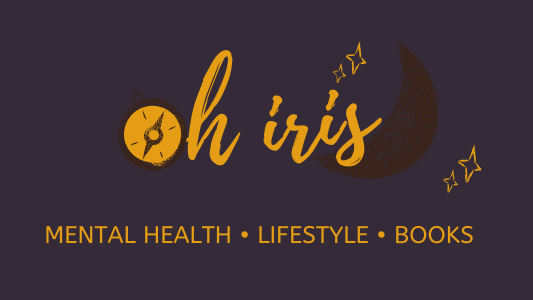I live to read and I can read pretty much anything: from perceived ‘high-brow’ masterpieces to nonsensical dribble. I look forward to any opportunity to immerse myself into a different world or mindset. Any day that I pick up a book, I feel instantly enriched.
One thing I often hear from other readers is that they don’t feel they can read anymore or don’t take any enjoyment from it. This commonly-termed book slump is something I’ve experienced as well and it’s heartbreaking to see one of your favourite things become a chore or draining to even think about.
But don’t fear, there are a lot of ways to break this cycle and get back into the flow of reading. This is what we’re looking at today and I’m hoping to explore why this happens and share some of my favourite tips at reading on a regular basis.
The dreaded reading slump often goes hand in hand with a bit of mental burnout. Most people feel they are too tired to read or that it takes up too much energy, others describe it as simply being unable to understand the words on the page. It is a hobby that requires a fair amount of brain exercise, an organ that can get a bit overworked.
I find that there are two main reasons for reading block. The first is that we spend a lot of time reading, whether that’s checking the news on your phone, requirements for work or school or even passively translating street signs and book titles. Your brain works almost constantly to recognise words and make them understandable. So I’m sure it doesn’t come as much of a suprise that reading, especially in a recreational sense, can become too much.
Another interesting cause of reading slumps is the brains response to trauma, panic and stress. When there’s too much going on your body can revert to fight-or-flight instincts, and it’s here that the brain ‘pauses’ the prefrontal cortex in order to focus on evading danger. This can be triggered by some really small things but it makes a big difference to how we process the world around us. We might find it more difficult to understand and comprehend a text rather than just recognise the letters and words.
Now that we understand what causes this, I’m hoping to share some tips on how to break out of this slump.
Firstly, it’s important to read for yourself. It should be enjoyable. At times it can feel like there’s a lot of pressure to read classics and nothing else but it can really benefit yourself and your head if you focus on something more contemporary. One of my favourite books to slip between re-reads of ‘Mrs Dalloway’ and attempts at one of James Joyce’s many unintelligible behemoths is David Nicholls’s ‘One Day’. A simple story following two main characters: it’s contextually fresh, simply written and beautifully moving. Perfect for when anything else feels too much.
Stick to one book. It’s tempting to try and juggle multiple books especially if they’re rather dense in their subject matter, however this hardly works. It’s more difficult to focus on a range of texts and their respective stories or contexts and, to further my point, you’re likely to be less invested in any of them as a result. Choose a book, start it and stick to it.
Another technique that (almost) always works for me is reading a small bit everyday. And when I say a small bit I really do mean a small bit: a chapter, a break, a page. These are all good exercises to get yourself back into reading. When I do this, I try to start straight after I wake up or get home on a night, and this often prevents me from having a nap or lounging about; especially if I have work to do, it helps to kick my brain back into action.
If none of these appear to be working or you simply feel too worn out to try, it’s a good idea to have a break from reading. There are countless other forms of media to keep us informed and entertained, and it allows a rest before building oneself back up to books and novels. It might even be helpful to listen to podcasts or audiobooks before getting back into the physical act of reading, and even then you could pace yourself with magazines, poetry or short stories.
Above all, it’s important to enjoy yourself and learn about the things you are interested in. I also feel there’s an important lesson in learning to overcome and work with a mental block that can be applicable in many aspects of life.
I really hope this has helped. So the takeaway is: enjoy reading, and if it still feels impossible remember that you’ve gotten to the end of this post and that’s an achievement in itself.
Love,
Iris x
Resources:
- Mental Illness Can Make It Hard to Read. Here’s Why — and What You Can Do https://www.healthline.com/health/mental-illness-and-reading
- How to get over the dreaded reading slump https://justreadit.co.uk/2020/01/12/how-to-get-over-the-dreaded-reading-slump/


Great ideas iris.Thank you x
LikeLike
I guess I was stressed and so pre occupied with so many stuff last year and early this year that’s why I couldn’t really read so much. But I’ve been taking this time while sheltering in place to read to pass the time and not think so much of what’s happening out there.
LikeLiked by 1 person
Stress can really boggle our minds but books are such a good form of healthy escapism. I hope it goes well x
LikeLike